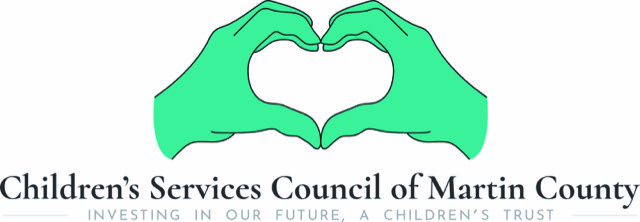School Readiness and Early Childhood Education
From the ages of 0 to 3, a baby’s brain grows to 80% of its adult size and is twice as active as adults.
A child’s early years are the foundation for his or her future development, providing a strong base for lifelong learning and learning abilities, including cognitive and social development. Research continues to emphasize the importance of early childhood education as an essential building block of a child’s future success.
30 Million Word Gap
90% of children’s vocabulary is derived from their parents. Children from low-income households are exposed to 30 million fewer words in the first four years of life than children in high-income families.
Summer Slide
The summer slide is a decline in reading ability and other academic skills that can occur over the summer months when school isn’t in session. The average student looses a month of academic-calendar learning each summer.
Low-income students lose two to three months in reading achievement over the summer, while their higher-income peers tend to make slight gains.
Attendance
Making sure that children show up for school every day is one of the best things parents can do to ensure that their children read proficiently by the end of third grade. Research shows that children who are chronically absent from school — missing 10 percent of the school year or more (about 18 days) for any reason — in kindergarten and first grade are far less likely to read well by the end of third grade. This is true whether the absences are excused or unexcused, whether they happen all at once or are spread out across the year.
Parents often are unaware of the corrosive effects of absenteeism and how quickly absences add up to academic trouble in the early grades. Low-income families, in particular, face challenges with health, transportation or housing that contribute to school absences.



